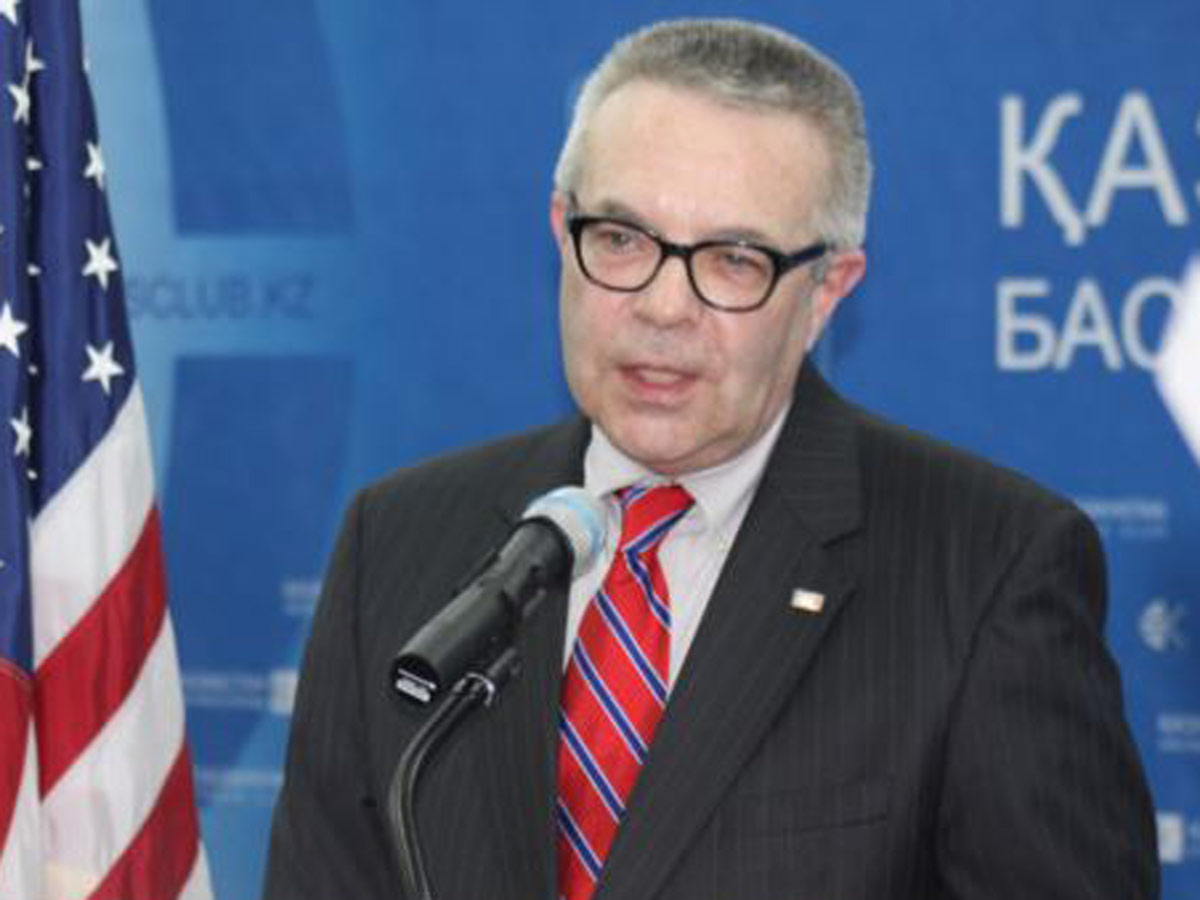Hoagland's Statement on Karabakh: Why Now?
The six key points of the Karabakh conflict settlement process presented by Richard Hoagland, the US former Co-Chair of the OSCE Minsk Group, are in the center of public and expert circles, leading to various interpretations. The existence of such points is not a novelty, and in the past they have also been voiced with certain differences in nuances.
The following question is also circulated in the issues raised: why now? The selection of the time for presenting 6 key points of the conflict settlement process by the US co-chair can be conditioned by several factors,
Recently in the OSCE Minsk Group format the activity of the Russian side was noticeable. It had its objective reasons: the United States was in pre-election and post-electoral stages, which, taking into account a certain "unpredictable" outcome of the US presidential elections, required some time. On the other hand, the EU, in general, and the co-chair France, in particular, focused more on their priorities (migration, fight against terrorism, etc.). In addition, Paris also went through presidential elections. These factors gave space for initiatives for the Russian side, which, of course, Moscow could not ignore (the Russia’s activeness has even gave a reason for talks on the so-called "Lavrovian" or "Russian" plan for the conflict settlement). However, the newly-elected US administration, which has already made adjustments in the main lines of the country's foreign policy, wants again to get more active in the region as well as in the format of the Karabakh conflict settlement. And in fact, the American side, in face of Hoagland, clearly underlined the main elements of the conflict settlement, signaling that it is again ready to play an active role in the settlement process.
The change of the Co-Chair is also symbolic for more active stance of the American side in the Minsk Group. As a temporary co-chair of the OSCE Minsk Group, whose term ends, Hoagland turned to a diplomatic trick. Taking into consideration the fact of his replacement, he clarified the main content of political negotiations, thereby becoming a target for possible negative reactions, enabling the newly-appointed co-chair Andrew Sheffer to continue his work more freely.
In addition, in the beginning of August Richard Hoagland had a rather broad reference to the issues of mutual confidence in the Karabakh conflict settlement process. The separation of confidence-building measures by him, such as the withdrawal of snipers from the border, the increase of the number of international observers, the installation of the investigation mechanisms on the borders, etc., could not but cause the dissatisfaction of the Azerbaijani party, which was also expressed in the Azerbaijani press. Given all this, at least we cannot exclude that under the pressure of the Azerbaijani side after the previous interview, Hoagland tried to keep certain "balance", presenting to the public the 6 points of the conflict settlement, which, naturally, are not completely acceptable by the Armenian side.
As for the published points, it should be taken into consideration that they are not provisions that are accepted and must be implemented by the negotiating parties (their final formulations are still unknown). These are just agreed points around which the negotiations should be held (Baku has even denied the existence of such points). Hoagland also stressed this in his speech.
hello my friend
follow me
lets help each other :)